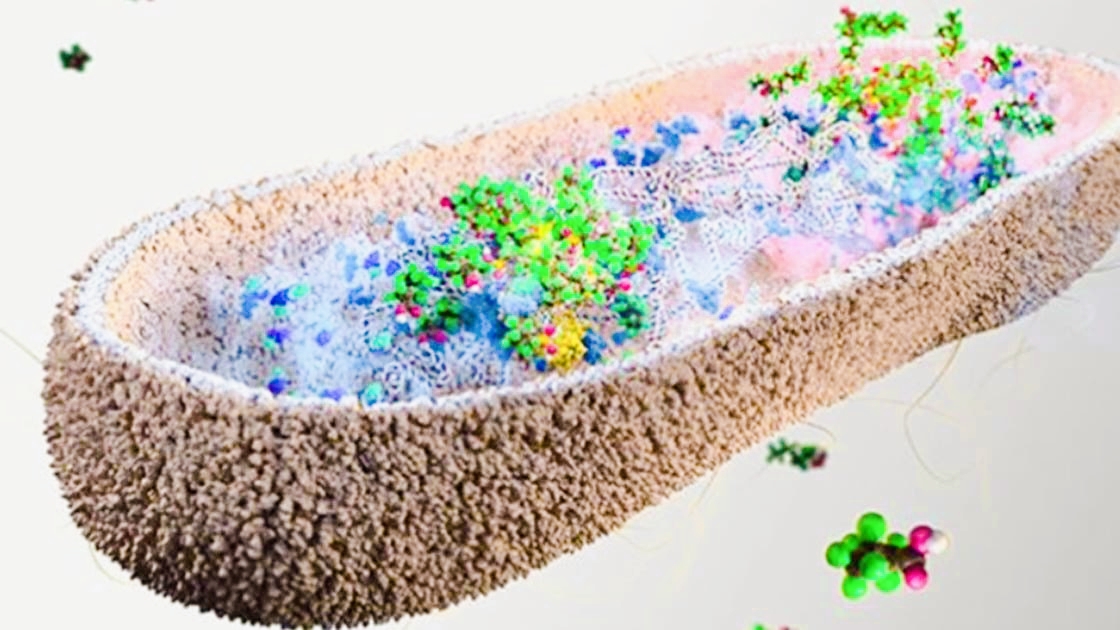In a promising scientific achievement, an international team of scientists has revealed the discovery of new types of human gut bacteria capable of absorbing and storing toxic chemical compounds known as "Per- and polyfluoroalkyl substances" (PFAS), which are very difficult for the body to get rid of.
◀ What are PFAS?
PFAS compounds are widely used in products such as cosmetics, cookware, food packaging, and even drinking water, known for their persistence in the environment and the human body.
Due to their resistance to breakdown or easy disposal, they have become a global health concern, being linked to several issues such as kidney damage and immune problems.
◀ How do these bacteria work?
According to a study published by Science Alert, researchers found that 38 strains of gut bacteria can effectively absorb PFAS compounds through a complex mechanism that involves gathering the chemicals inside their cells, thus protecting the bacteria themselves from their toxicity.
Among these strains, the bacterium Bacteroides uniformis, known for its fiber-digesting abilities, stood out as one of the strongest in absorbing these substances.
Dr. Kiran Patel, a molecular biologist from the University of Cambridge, stated:
"Some bacteria have been able to absorb large amounts of PFAS in different environments and isolate them within their cells in a way that protects them from toxic effects."
◀ Promising Results in Mice
In subsequent experiments on mice that were implanted with 9 types of these bacteria in their intestines, researchers observed that the microbes quickly absorbed PFAS, and the chemicals were eliminated through feces, indicating the potential to reduce the levels of these substances in the body.
Dr. Indra Roy from the University of Cambridge affirmed:
"We live in a world polluted by these substances, and our findings represent a glimmer of hope for developing solutions to remove them from our bodies, even if we cannot completely destroy them yet."
◀ Could Probiotic Supplements Be the Solution?
Scientists suggest that enhancing the presence of these beneficial bacteria in the gut, possibly through future dietary supplements, could open up a new avenue for safely and effectively eliminating accumulated PFAS in the body, although the technology is still in its experimental stages.
◀ Why is This Important?
Because PFAS are present everywhere around us, and their full health impact is still not entirely understood, but it is known so far that they can cause serious long-term damage.
Therefore, controlling them from within the body may currently be the most realistic option.
Scientists are now working on bioengineering these bacteria to enhance their ability to absorb toxic substances in the future, which could bring about a significant breakthrough in preventive and environmental medicine.

